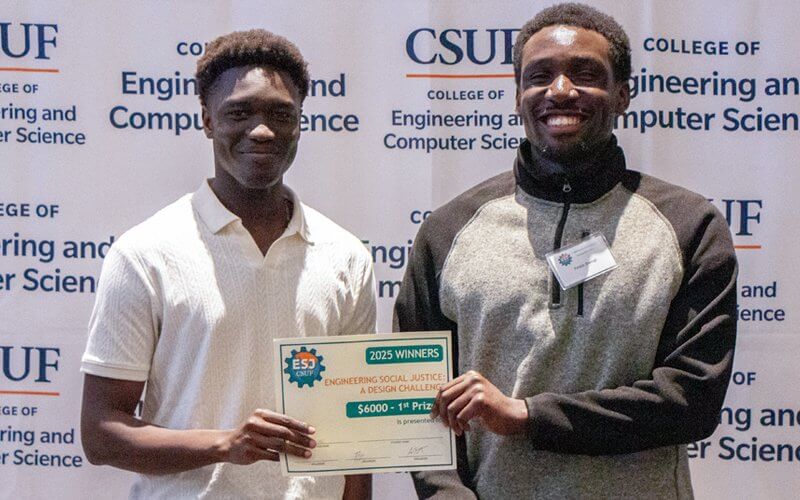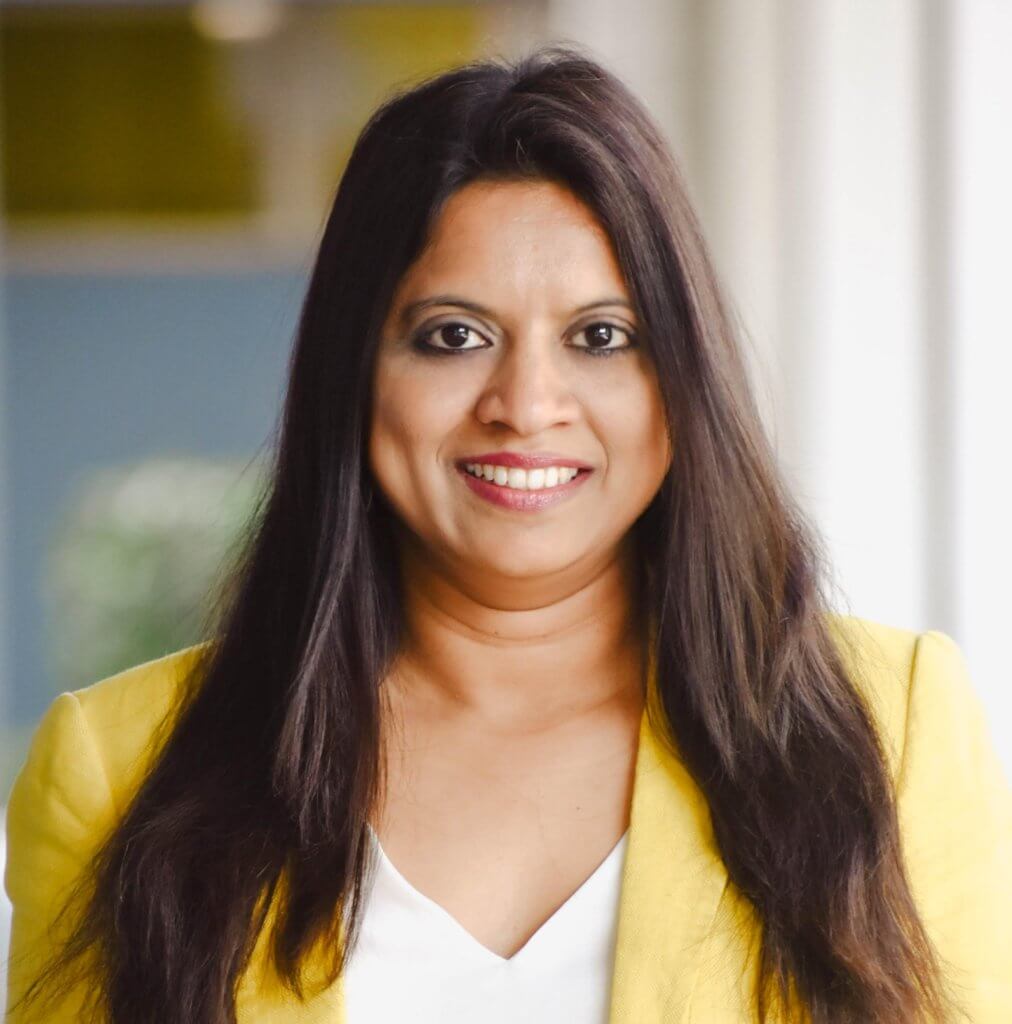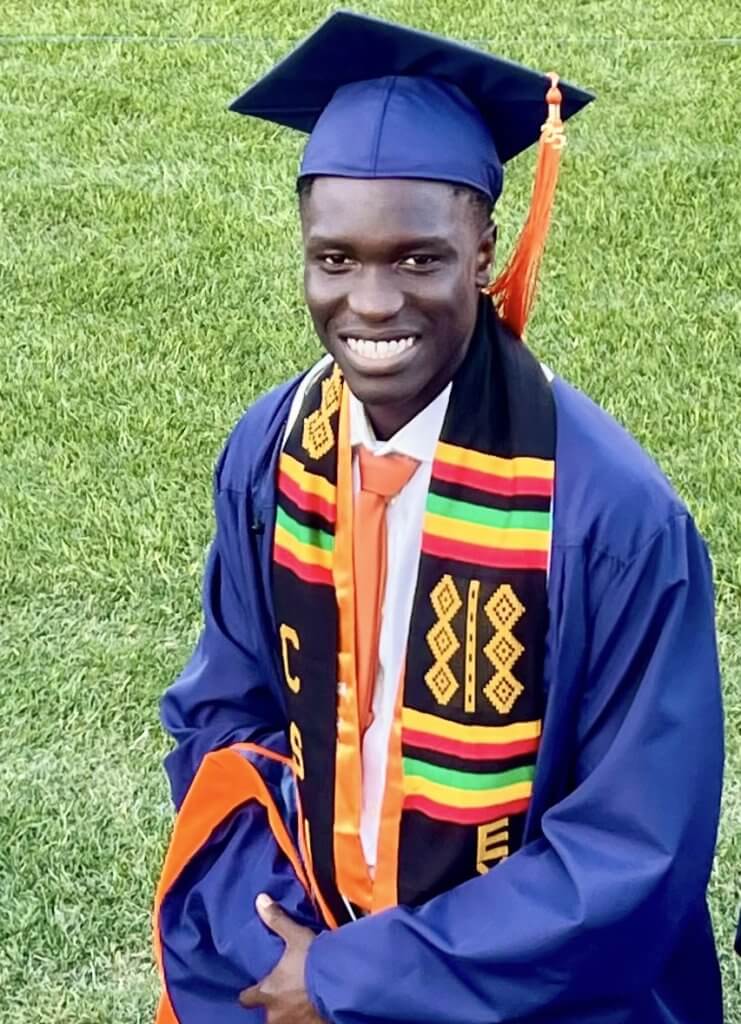
Future computer engineers Tony Amin and Festo Bwogi came up with the idea to design an affordable, portable air purification system to improve indoor air quality in vulnerable communities and promote health equity.
The team proposes to develop their “Clean Air for All: Air Purification System for Vulnerable Communities” project with HEPA and activated carbon filters to remove wildfire smoke, dust, pollen and bacteria.
With built-in smoke, carbon dioxide and air quality monitoring sensors, their design provides real-time data to ensure safer, cleaner air inside homes and other indoor environments.
“Our project directly addresses health and environmental inequalities that affect low-income and communities of color,” said Amin, a Class of 2025 grad who earned a master’s degree in computer engineering.
The pair, both members of CSUF’s National Society of Black Engineers student chapter, teamed up for the Engineering Social Justice Competition. They won first place and $6,000 in the competition, with the funding going toward developing a prototype.
The design challenge gives students the opportunity to identify a social issue and conceptualize a solution. Teams give a five-minute pitch presentation to a panel of industry and faculty judges.

“By addressing filtration gaps in low-income housing, this innovative solution aims to promote health equity and mitigate the persistent effects of poor air quality on marginalized communities,” said faculty adviser Jaya Dofe, associate professor of electrical and computer engineering.
“As efforts on the project continue, the goal remains clear: Clean air should be a universal right, not a privilege.”
Bwogi said engineering social justice intersects ethics, equity and human rights with engineering principles to generate sustainable, forward-thinking solutions.
“It challenges the idea that engineering is purely technical or neutral, instead asking how we can design technologies, systems and infrastructures that uplift society, especially underserved communities,” said Bwogi, who plans on completing his master’s degree in computer engineering next year.

While air purifiers from well-known brands are currently on the market, the students’ proposed design focuses on affordability, portability and addressing the needs of underserved communities facing respiratory health risks.
Amin said often, low-income communities are located near pollution sources like highways and industrial zones and don’t have the resources to install or upgrade proper air filtration systems.
In disasters, like wildfires, these communities also suffer from poor indoor air quality, which can worsen asthma, allergies and other respiratory issues.
The project has helped the students prepare their future careers by learning to identify and work on a real-world problem, while balancing technical design with cost, accessibility and social impact.
“This experience is teaching me to consider the human, ethical and social dimensions of engineering,” said Bwogi, who earned a master’s degree in information technology from CSUF last year, focusing on data science.
“It’s shown me how to lead with empathy, adapt to challenges and stay focused on impact — skills essential in any engineering or tech-focused career.”
Amin added that he learned to take an idea, identify a problem and design a prototype.
“It pushed me to think beyond the technical side and consider user needs,” he said.
Bwogi is continuing to work on the project this summer to develop the prototype and secure external funding.
“These steps will help us refine the product and ensure it delivers meaningful impact to the communities that need it most,” Bwogi said.